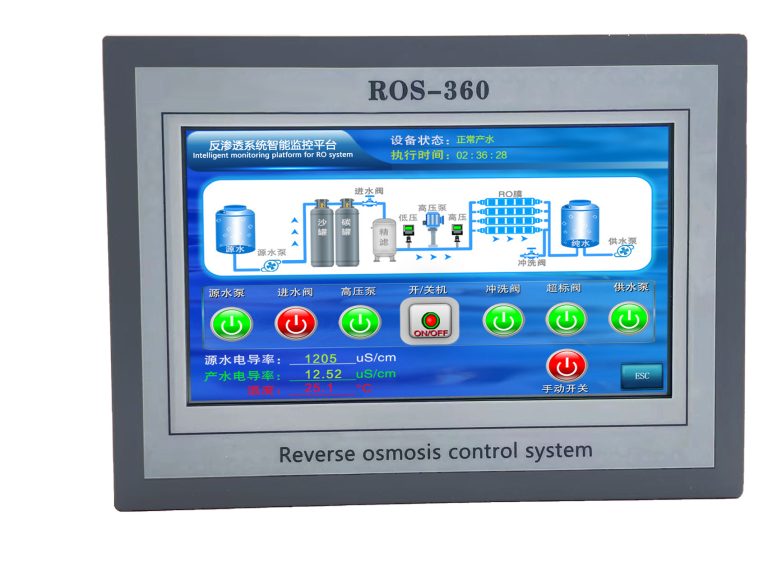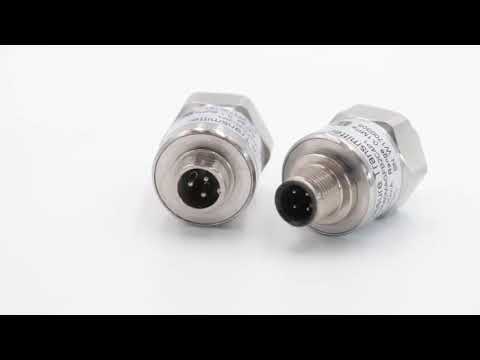Table of Contents
Importance of Regularly Testing Aquarium Water Parameters
Maintaining a healthy environment for your aquarium inhabitants is crucial for their well-being and longevity. One of the key aspects of ensuring a healthy aquarium is regularly testing the water parameters. Water test kits are essential tools that allow aquarium hobbyists to monitor the levels of various chemical compounds in the water, such as ammonia, nitrite, nitrate, pH, and more. Each of these parameters plays a vital role in the overall health of your aquarium ecosystem.
Ammonia is one of the most toxic substances that can accumulate in an aquarium. It is produced by fish waste, uneaten food, and decaying plant matter. High levels of ammonia can be lethal to fish and other aquatic organisms. Testing for ammonia is crucial to prevent ammonia poisoning and ensure a safe environment for your aquarium inhabitants.
Nitrite is another harmful compound that can build up in aquarium water. Nitrite is produced by the breakdown of ammonia by beneficial bacteria in the nitrogen cycle. While less toxic than ammonia, high levels of nitrite can still be harmful to fish. Regularly testing for nitrite is important to prevent nitrite poisoning and maintain a healthy aquarium ecosystem.

Nitrate is the final product of the nitrogen cycle and is less toxic than both ammonia and nitrite. However, high levels of nitrate can still be harmful to fish and other aquatic organisms. Nitrate is typically removed from the water through regular water changes. Testing for nitrate levels can help you determine when it is time to perform a water change and prevent nitrate buildup in your aquarium.
pH is a measure of the acidity or alkalinity of the water. Different species of fish and plants have specific pH requirements, so it is important to monitor and maintain the pH level within the appropriate range for your aquarium inhabitants. Testing for pH regularly can help you ensure a stable environment for your fish and plants.
| CCT-3300 | ||||
| Constant | 10.00cm-1 | 1.000cm-1 | 0.100cm-1 | 0.010cm-1 |
| Conductivity | (500\\uff5e20,000) | (1.0\\uff5e2,000) | (0.5\\uff5e200) | (0.05\\uff5e18.25) |
| \\u03bcS/cm | \\u03bcS/cm | \\u03bcS/cm | M\\u03a9\\u00b7cm | |
| TDS | (250\\uff5e10,000) | (0.5\\uff5e1,000) | (0.25\\uff5e100) | \\u2014\\u2014 |
| ppm | ppm | ppm | ||
| Medium Temp. | (0\\uff5e50)\\u2103\\uff08Temp. Compensation : NTC10K\\uff09 | |||
| Resolution | Conductivity: 0.01\\u03bcS/cm\\uff1b0.01mS/cm | |||
| TDS: 0.01ppm | ||||
| Temp.: 0.1\\u2103 | ||||
| Accuracy | Conductivity:1.5%\\uff08FS\\uff09 | |||
| Resistivity: 2.0%\\uff08FS\\uff09 | ||||
| TDS:1.5%\\uff08FS\\uff09 | ||||
| Temp:\\u00b10.5\\u2103 | ||||
| Analog Output | Single isolated(4\\uff5e20)mA\\uff0cinstrument/transmitter for selection | |||
| Control Output | SPDT relay\\uff0cLoad Capacity: AC 230V/50A(Max) | |||
| Working Environment | Temp:\\u00a0(0\\uff5e50)\\u2103\\uff1bRelative humidity\\uff1a\\u00a0\\u226485%RH(none condensation) | |||
| Storage Environment | Temp:(-20\\uff5e60)\\u2103; Relative humidity\\u00a0\\u226485%RH(none condensation) | |||
| Power Supply | DC 24V/AC 110V/AC 220V\\u00b115%\\uff08for selection\\uff09 | |||
| Dimension | 48mm\\u00d796mm\\u00d780mm (H\\u00d7W\\u00d7D) | |||
| Hole Size | 44mm\\u00d792mm (H\\u00d7W) | |||
| Installation | Panel mounted, fast installation | |||
In addition to these key parameters, water test kits can also measure other important factors such as carbonate hardness (KH) and general hardness (GH). KH measures the buffering capacity of the water, which is important for stabilizing the pH level. GH measures the concentration of minerals in the water, which can affect the overall health of your aquarium inhabitants. Monitoring KH and GH levels can help you maintain a stable and healthy aquarium environment.
Regularly testing the water parameters in your aquarium is essential for preventing water quality issues and ensuring the health and well-being of your fish and plants. By using water test kits to monitor levels of ammonia, nitrite, nitrate, pH, KH, and GH, you can make informed decisions about water changes, adjustments to your filtration system, and other maintenance tasks. Investing in a quality water test kit and establishing a regular testing routine will help you create a thriving aquarium ecosystem for years to come.
Understanding the Different Measurements of Ammonia, Nitrite, Nitrate, pH, and Hardness in Aquarium Water
Aquarium water test kits are essential tools for any fish keeper looking to maintain a healthy environment for their aquatic pets. These kits allow you to monitor key parameters in your aquarium water, such as ammonia, nitrite, nitrate, pH, and hardness. Each of these measurements plays a crucial role in the overall health and well-being of your fish, plants, and other inhabitants of your tank.
Ammonia is one of the most toxic substances that can build up in an aquarium. It is produced by fish waste, uneaten food, and decaying plant matter. High levels of ammonia can be deadly to fish, causing stress, illness, and even death. Ammonia test kits measure the concentration of ammonia in your water, allowing you to take action if levels become too high. Regular testing and water changes are essential for keeping ammonia levels in check.
Nitrite is another harmful substance that can accumulate in aquarium water. It is produced by the breakdown of ammonia by beneficial bacteria in the nitrogen cycle. While less toxic than ammonia, high levels of nitrite can still be harmful to fish, causing respiratory distress and other health issues. Nitrite test kits measure the concentration of nitrite in your water, helping you to monitor the progress of the nitrogen cycle and ensure that levels remain within safe limits.
Nitrate is the final product of the nitrogen cycle and is less toxic than both ammonia and nitrite. However, high levels of nitrate can still be harmful to fish, leading to poor water quality and stress. Nitrate test kits measure the concentration of nitrate in your water, allowing you to determine when it is time for a water change. Regular water changes are essential for keeping nitrate levels in check and maintaining a healthy environment for your fish.
pH is a measure of the acidity or alkalinity of your aquarium water. Different species of fish have different pH requirements, so it is important to monitor and adjust the pH of your water accordingly. pH test kits measure the pH of your water, allowing you to make any necessary adjustments to keep your fish happy and healthy. Sudden changes in pH can be stressful for fish, so it is important to make gradual adjustments over time.
Hardness refers to the mineral content of your aquarium water, specifically the concentration of calcium and magnesium ions. Hard water has a high mineral content, while soft water has a low mineral content. Some fish species prefer hard water, while others prefer soft water. Hardness test kits measure the hardness of your water, allowing you to create the ideal environment for your fish. You can adjust the hardness of your water by adding minerals or using a water softener.
In conclusion, aquarium water test kits are essential tools for any fish keeper looking to maintain a healthy environment for their aquatic pets. By monitoring key parameters such as ammonia, nitrite, nitrate, pH, and hardness, you can ensure that your fish are happy and healthy. Regular testing and water changes are essential for keeping these parameters in check and maintaining a stable environment for your aquarium inhabitants. By understanding what each measurement means and how to interpret the results, you can create the ideal environment for your fish to thrive.





